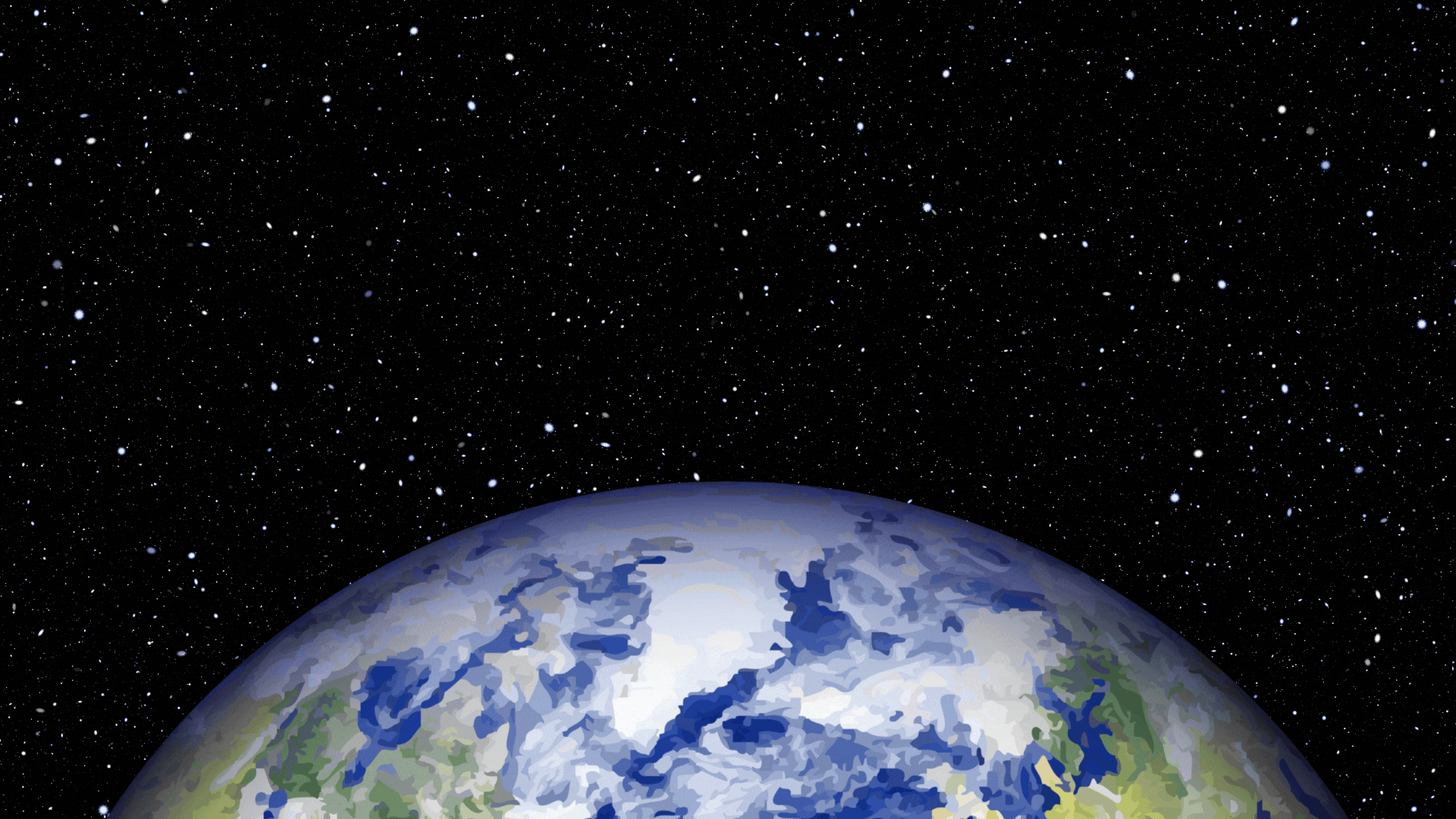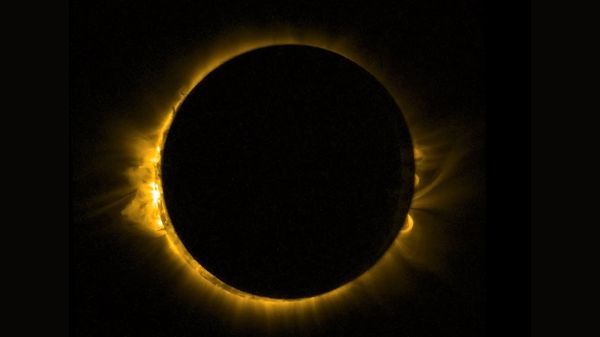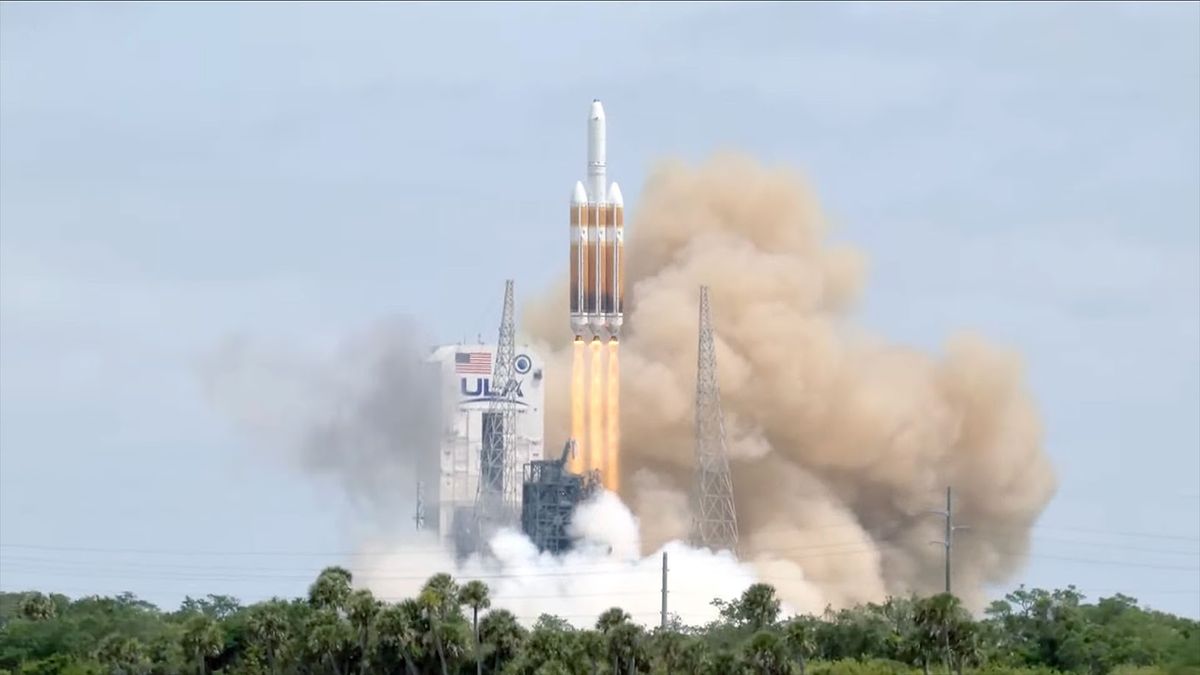The Moon’s Unsung Importance
The moon has been tethered to Earth for a significant portion of its 4.5 billion-year voyage through the solar system. The prevailing theory among astrophysicists is that the moon’s genesis can be traced back to a cataclysmic collision, where a Mars-sized object collided with Earth, scattering debris into space. Subsequently, this debris coalesced through gravitational forces to give birth to the moon.
Familiarity with the moon has rendered it a near-constant presence in our lives. However, contemplating the sudden disappearance of our celestial neighbor prompts profound questions about the potential consequences that would ensue.
Rare Astronomical Scenarios
According to Noah Petro, the project scientist for NASA’s Artemis 3 moon mission, the hypothetical scenarios leading to the moon’s vanishing are scarce. Petro suggests that a colossal impact on the moon, akin to the collision theorized to have formed the moon, could potentially shatter it. Despite this possibility, the solar system has likely absorbed most massive objects, making the likelihood of such an event minute.
Even in the hypothetical scenario of the moon’s disappearance, Earth’s resilience would be put to the test.
Implications on Earth
One of the most profound effects of the moon’s absence would manifest in the disruption of ocean tides, crucial for coastal ecosystems. Intertidal ecosystems, sustenance for billions residing near the coastlines, would face catastrophic collapse. The intricate balance between land and sea, shaped by tidal erosion, would be drastically altered, impacting global climate dynamics.
The moon’s disappearance would also jeopardize the stability of Earth’s axis, leading to erratic shifts that could erase the predictability of seasons, rendering the environment inhospitable to many life forms.
Impact on Life and Ecosystems
Life on Earth has entwined with the moon’s cycles over millennia. Numerous species and ecosystems depend on the moon’s physical effects, from migration cues for birds to spawning synchrony in corals. Nocturnal species, reliant on moonlight for navigation and hunting, would face disruptions in their behavior, potentially altering predator-prey dynamics.
Exploration and Cultural Significance
Humanity’s historical ties with the moon stretch back to the first steps on an extraterrestrial body. Its loss would impede our space exploration ambitions, hindering opportunities to study the solar system’s past. The moon’s role as a repository of early solar system history underscores its significance as an invaluable resource for scientific inquiry.
Moreover, the moon’s potential reservoir of frozen water presents a critical asset for sustaining future deep-space missions, alleviating the burden of launching resources from Earth.
The moon’s significance transcends scientific exploration, permeating into cultural and religious spheres. Its disappearance would reverberate through countless myths, art forms, and religious practices that center on lunar symbolism.
In conclusion, the moon’s hypothetical eradication would carry multifaceted repercussions on Earth, life, and human societies, underscoring the profound interplay between our planet and its celestial companion.
Image/Photo credit: source url





